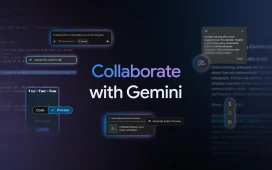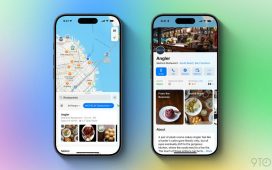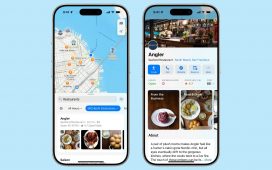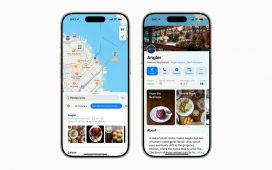The rise of AI tools like ChatGPT has dramatically transformed the job application landscape. Recruiters are now adept at spotting AI-generated content in resumes and cover letters. Specific keywords and phrases can instantly reveal when applicants have relied too heavily on artificial intelligence. Understanding these telltale signs could be crucial for your next career move.
How recruiters identify AI-generated job applications
In today’s competitive job market, many candidates are turning to artificial intelligence tools to enhance their applications. While ChatGPT and similar platforms offer valuable assistance, hiring managers have become increasingly savvy at detecting their use.
Bonnie Dilber, a recruitment specialist at Zapier, recently shared her perspective with Huffington Post: “It makes me wonder if the person might not know what they’re talking about or how to blend AI-generated content with their own ideas.” This sentiment reflects a growing concern among employers about authenticity in job applications.
The problem isn’t simply using AI but failing to personalize its output. When candidates submit applications that read like generic templates, recruiters immediately recognize the artificial origin of the content.
Revealing keywords that expose AI usage
Specific terms have become clear indicators of ChatGPT’s involvement in resume creation. Industry professionals have identified specific phrases that rarely appeared in applications before AI became mainstream but are now ubiquitous.
The most revealing keywords include:
- “Technology expert” when describing general computer skills
- “Cutting-edge” or “forward-thinking” without supporting examples
- “Innovative problem-solver” without specific instances
- “Excellent communicator” without demonstrable evidence
- “Team player” without concrete collaborative achievements
Laurie Chamberlin, head of LHH Recruitment Solutions in North America, explains: “We often catch candidates who list skills such as ‘excellent communicator’ or ‘team player,’ but they fail to support these claims with tangible examples. The lack of specificity, authenticity, and personal touch serves as a warning sign.”
While ChatGPT can be valuable for creating initial drafts, submitting unedited AI content presents significant risks. AI systems occasionally fabricate information to produce seemingly complete responses—a phenomenon known as “hallucination.”
| AI Usage Risk | Potential Consequence |
| Embarrassment during the interview questioning | Application rejected for lack of authenticity |
| Generic phrases and buzzwords | Immediate identification as AI-generated |
| Fabricated qualifications | Embarrassment during interview questioning |
| Inconsistent tone or experience | Raised suspicions about application integrity |
Such fabrications in job applications could lead to awkward interview situations when candidates cannot elaborate on skills or experiences that the AI invented. This discrepancy creates credibility issues that can immediately disqualify otherwise qualified applicants.
Effective strategies for AI-assisted applications
Successful candidates are learning to use AI tools strategically rather than completely avoiding them. The key lies in transforming AI-generated content into something distinctly personal.
Here are five practical approaches for using ChatGPT without exposing yourself:
- Use AI only for initial brainstorming and structure
- Replace generic terms with specific professional experiences
- Add quantifiable achievements and metrics unique to your career
- Incorporate personal anecdotes that demonstrate your skills
- Review and rewrite the content thoroughly before submission
The most successful approach involves using ChatGPT as a starting point rather than a final solution. By extensively editing AI-generated content, candidates can maintain authenticity while benefiting from AI’s organizational capabilities.
Finding the right balance with technology
As AI tools become increasingly integrated into professional life, the challenge isn’t avoiding them but using them wisely. Recruiters generally don’t object to candidates leveraging available technology—they object to applications that lack human judgment and personal insight.
The most competitive job seekers understand that technology should enhance rather than replace human creativity. When properly implemented, AI can help candidates present their genuine qualifications more effectively without raising red flags.
By recognizing the keywords that reveal ChatGPT usage and developing strategies to personalize AI-generated content, job seekers can maintain authenticity while still benefiting from technological assistance. The future of successful job applications lies not in avoiding AI, but in using it invisibly and intelligently.












